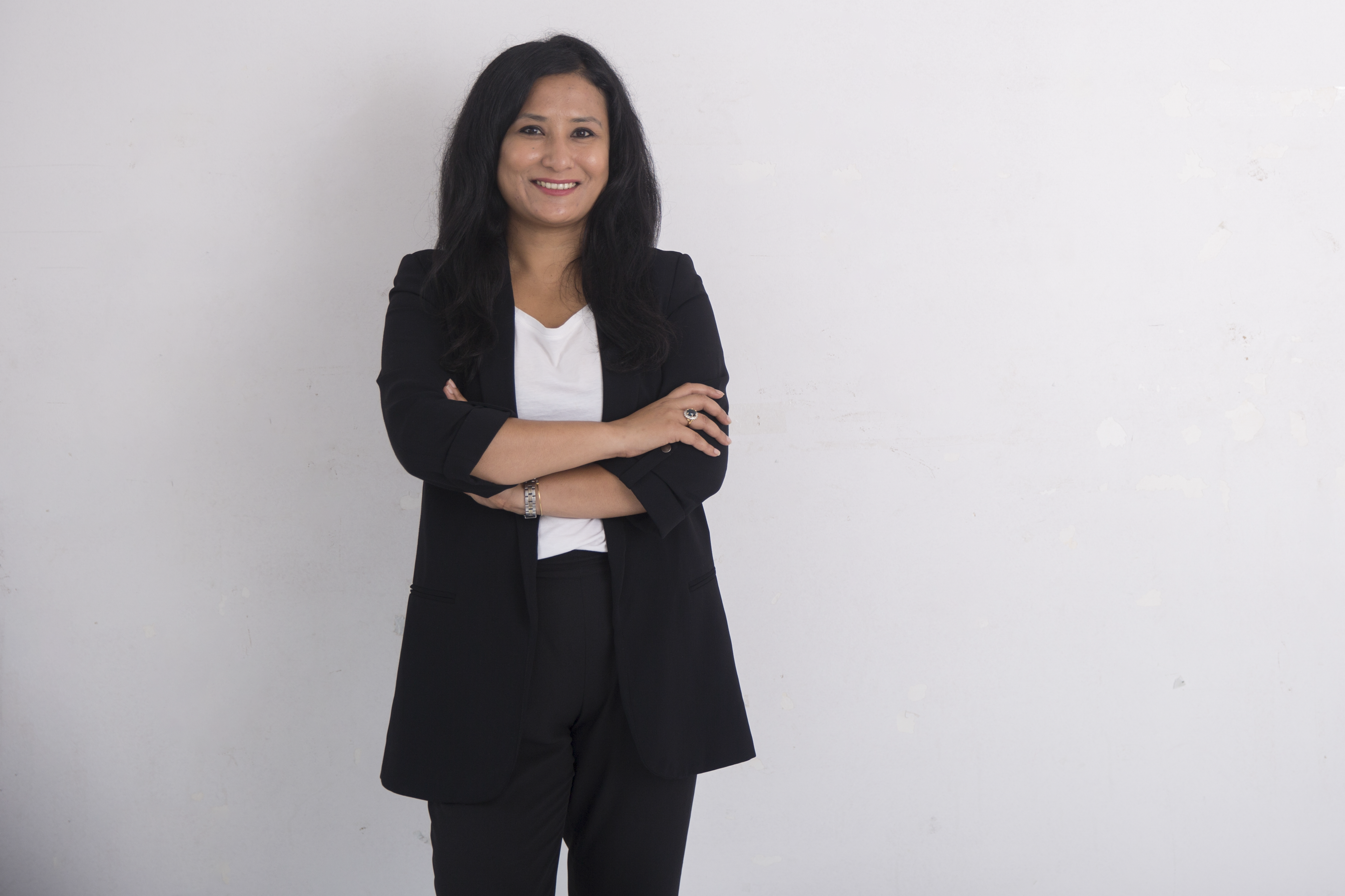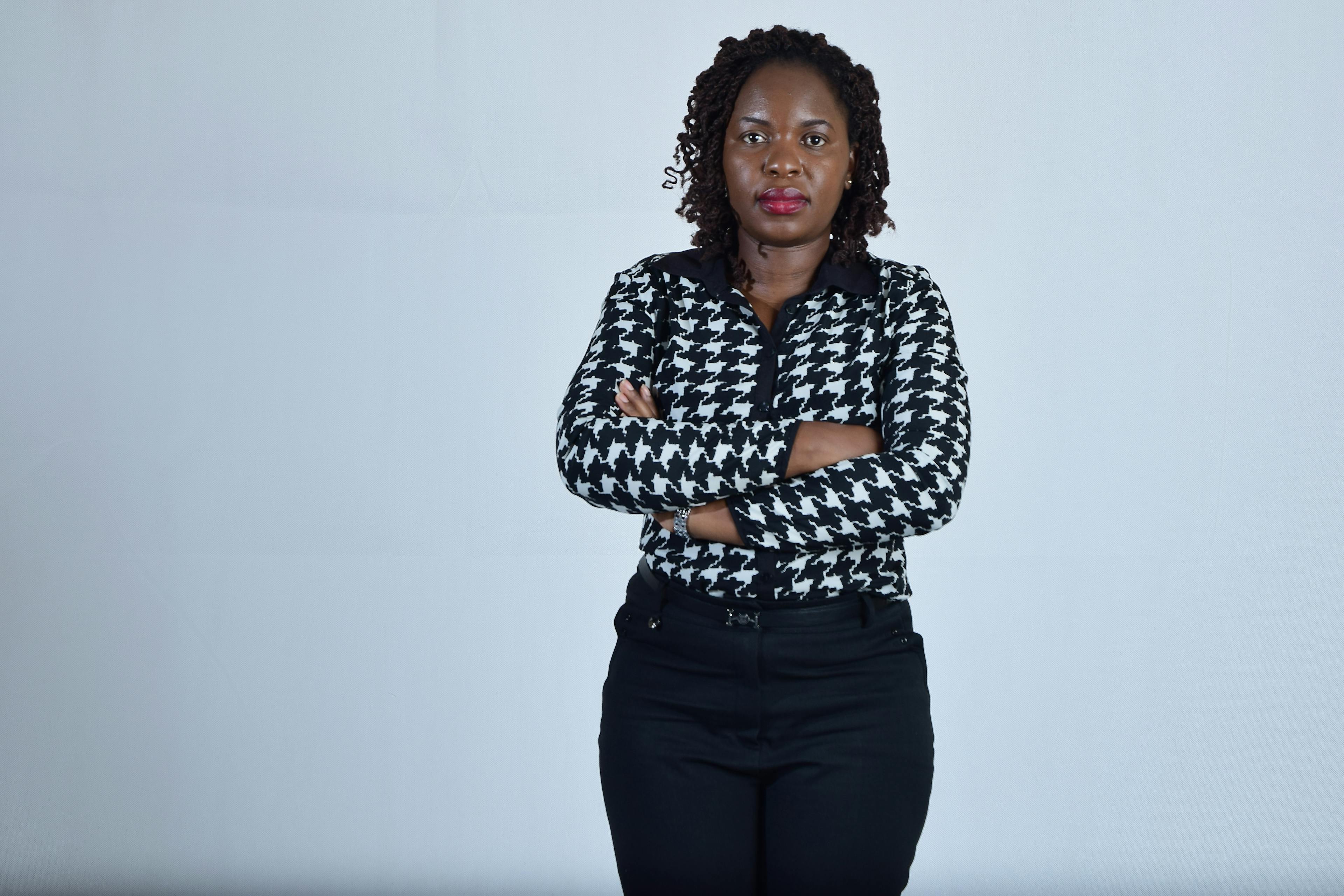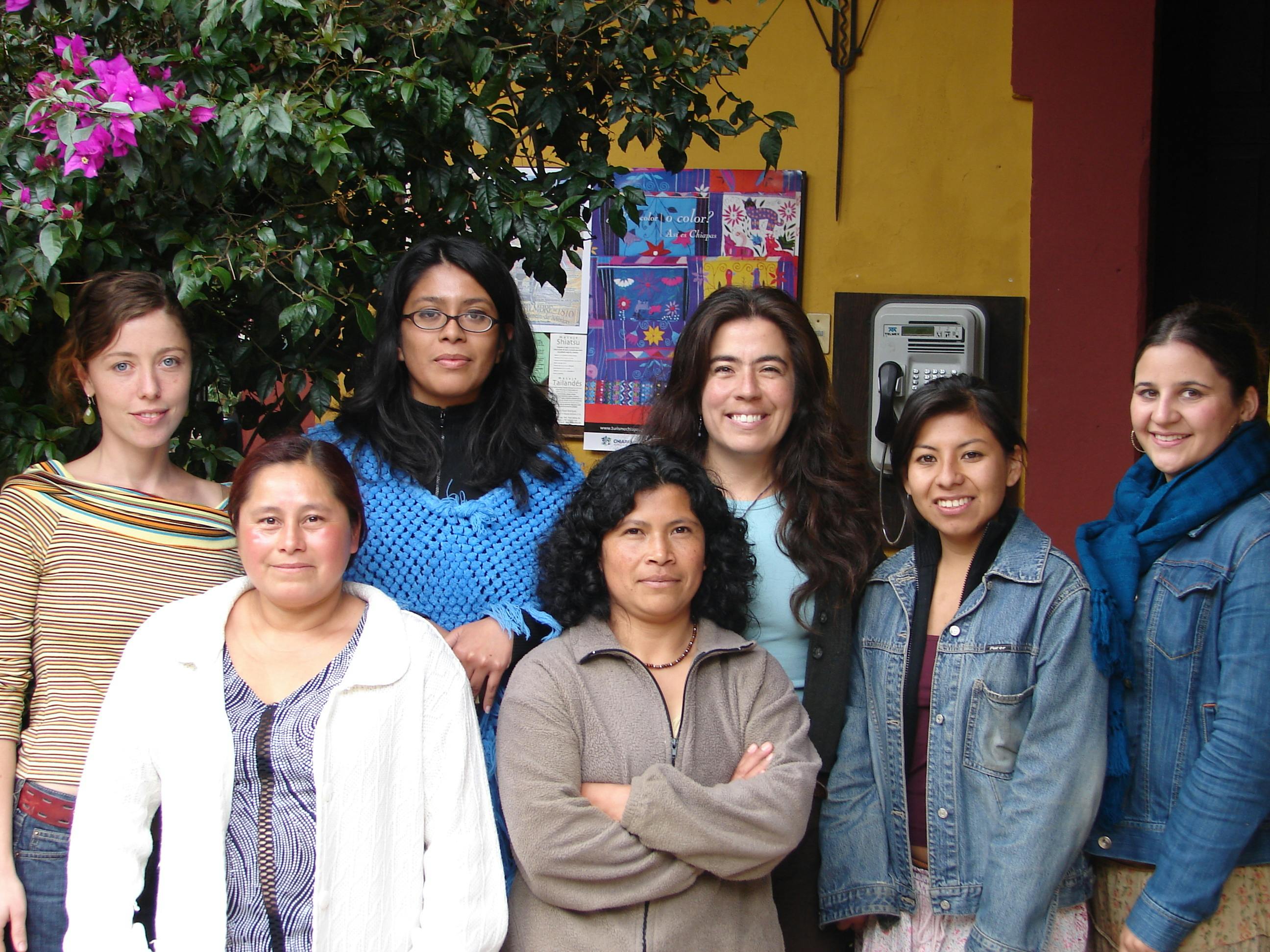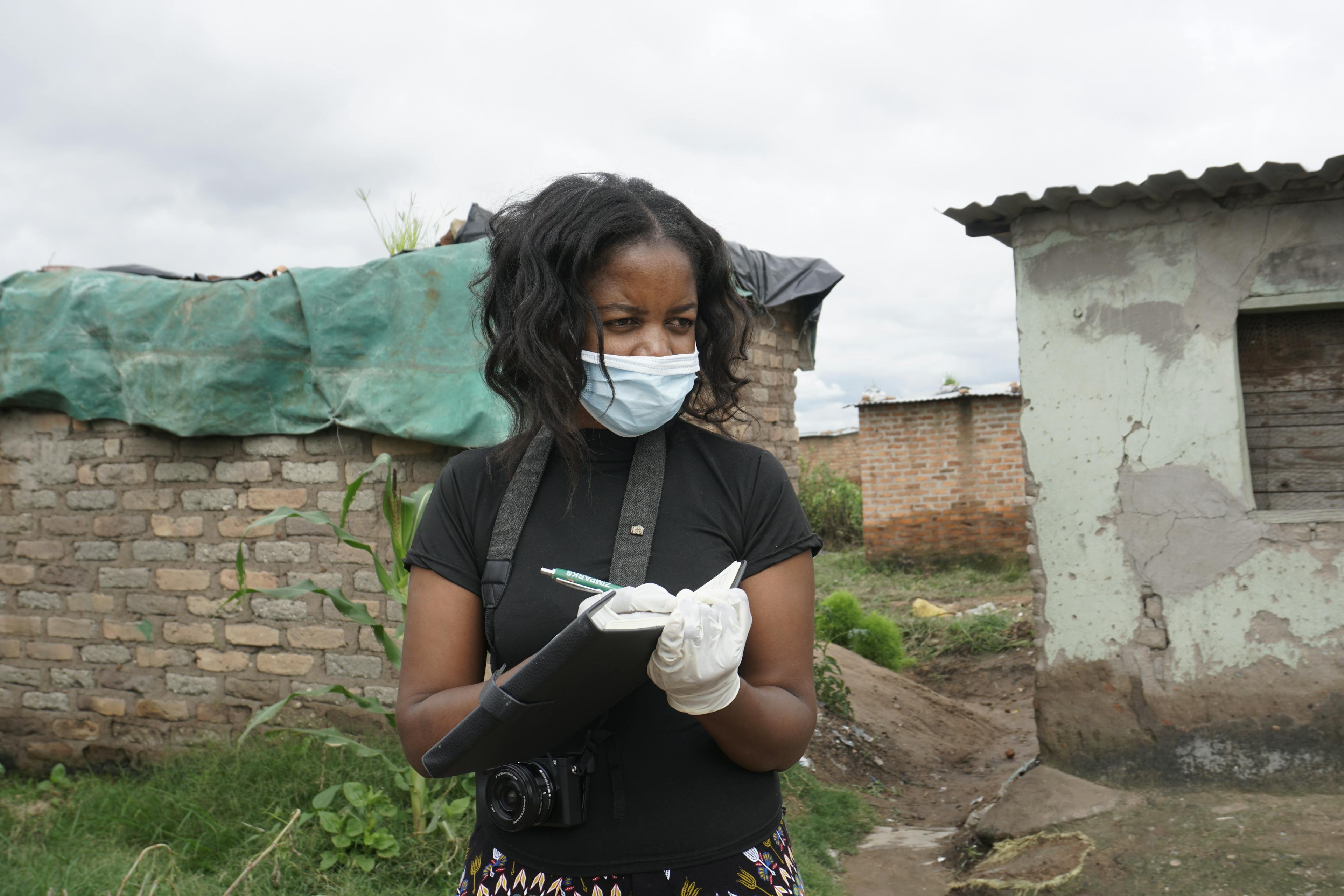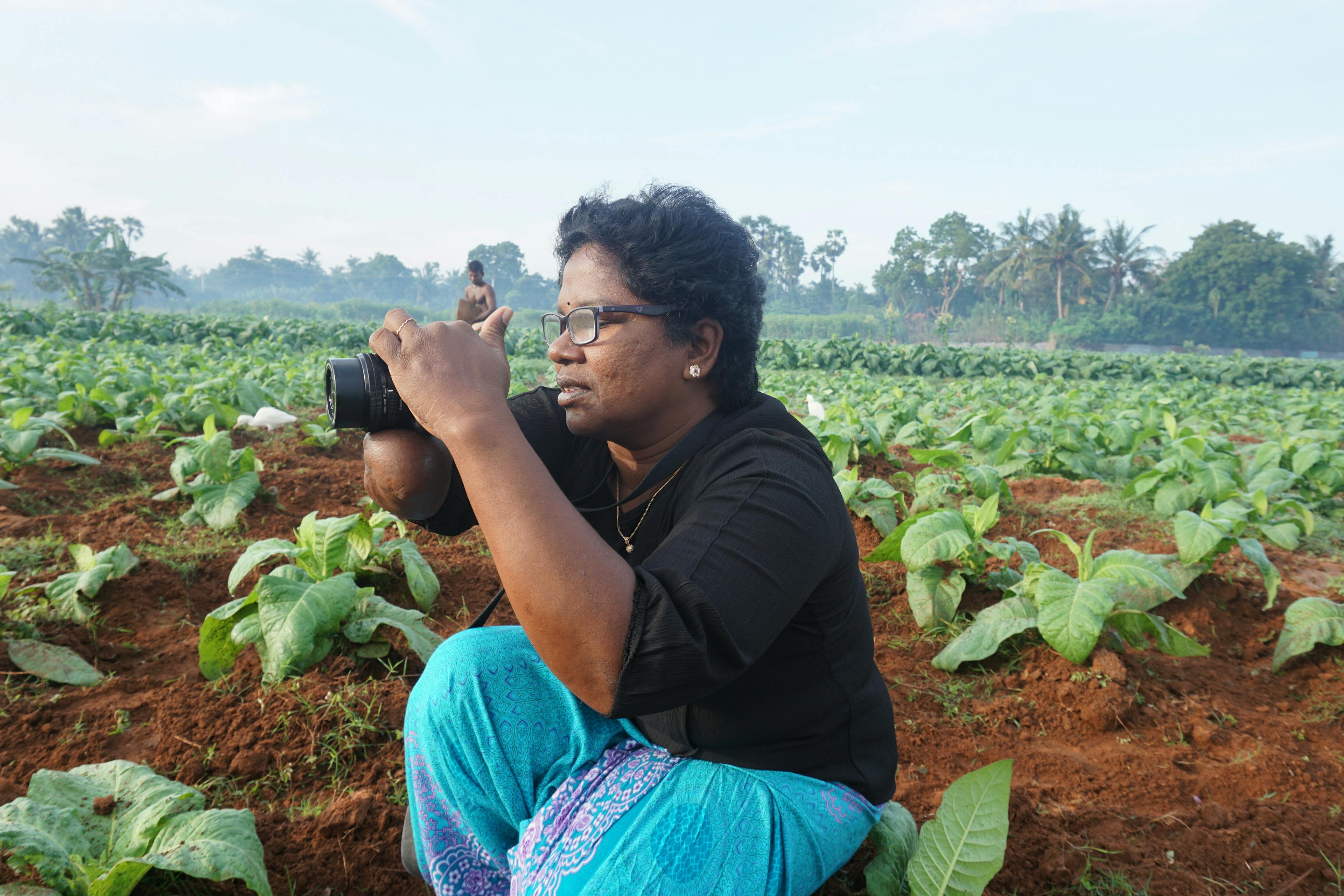Shifting the Narrative
In Kathmandu, Nepal, environmental journalist Shilu Manandhar made international ripples with her series about residents of an ancient village that had to relocate due to lack of water. These days, she’s planning a story on snow leopards—some Nepalese are eager to conserve them, while others villainize them for attacking livestock.
In Harare, Zimbabwe, economics reporter Gamuchirai Masiyiwa won a Clarion Award for her 2019 reporting, told in graphic novel format, about the economic roller coaster in her country. Her latest story is about the impact that social media and reality TV are having on wedding traditions.
Though the two women live over ten thousand miles apart, Manandhar and Masiyiwa are both employed by Global Press, a thriving non-profit journalism organization founded by Cristi Hegranes, an Emerson Collective Dial Fellow. For nearly two decades, Hegranes and her team at Global Press have worked to shake up how international reporting happens and increase accuracy and representation. Their work includes The Global Press Institute, which trains and educates reporters in global media markets; Global Press Journal, an award-winning multi-lingual news publication; and Global Press News Services, an earned-revenue initiative which sells products and services, including a customized Duty of Care program, a Style Guide workshop, and access to a photo archive.
For more than a century, Western media has relied on foreign correspondents and so-called “parachute journalists” to cover global news, including wars, famines, and environmental disasters. Often, a Western journalist will transport themselves to conflict or events to conduct reporting, and then leave once the conflict or event is “over.”
But this parachute journalism has had—and continues to have—many consequences. Firstly, Hegranes says, “It relegates most of the world to only being newsworthy on their worst days. The problem is the colonial legacy – this notion that we have to send people from the U.S. or Europe to Africa, Asia, Latin America to get the story, because obviously no one there could tell the story themselves.“
Parachute journalism has also created and reinforced single-narratives when it comes to life outside of North America—narratives that often center poverty, disaster, victimhood and struggle. Because the reporters writing these stories aren’t of the place they’re covering, the work often lacks important context and misses nuance.
And then there’s the fact that the business of media is undergoing a massive transformation. The entire concept of “foreign correspondence” is shifting and, in many cases, disappearing altogether. Since the 1990s, the majority of foreign news bureaus have closed their doors, and many news entities have scaled back international coverage. Journalism as a profession is getting more and more unstable.
With their training, education, and publishing initiatives, Global Press is taking on all these challenges. Since opening the first bureau in Chiapas, Mexico in 2006, Hegranes and her team have opened 36 additional locations in 12 countries around the world, including Mongolia, Uganda, Democratic Republic of Congo, and Haiti, and trained over 250 women reporters. By opening bureaus in challenging global media markets, hiring local women reporters, and giving them full rein to cover the stories they want to write, Global Press is creating international coverage that’s dignified and precise.
Global Press stories are primarily intended for residents of the communities where they originate and are increasingly garnering Western audiences too. Stories are published on GlobalPressJournal.com in both the reporter's local language and English. Local language versions are distributed by more than a hundred partners—including national newspapers, local radio stations, hyperlocal websites, and even WhatsApp channels. English translations, meanwhile, are published by partners like Quartz and the BBC.
“We’re able to tell really fascinating, very unique stories,” says Hegranes, “that are not only comprehensive, but of significant service.”
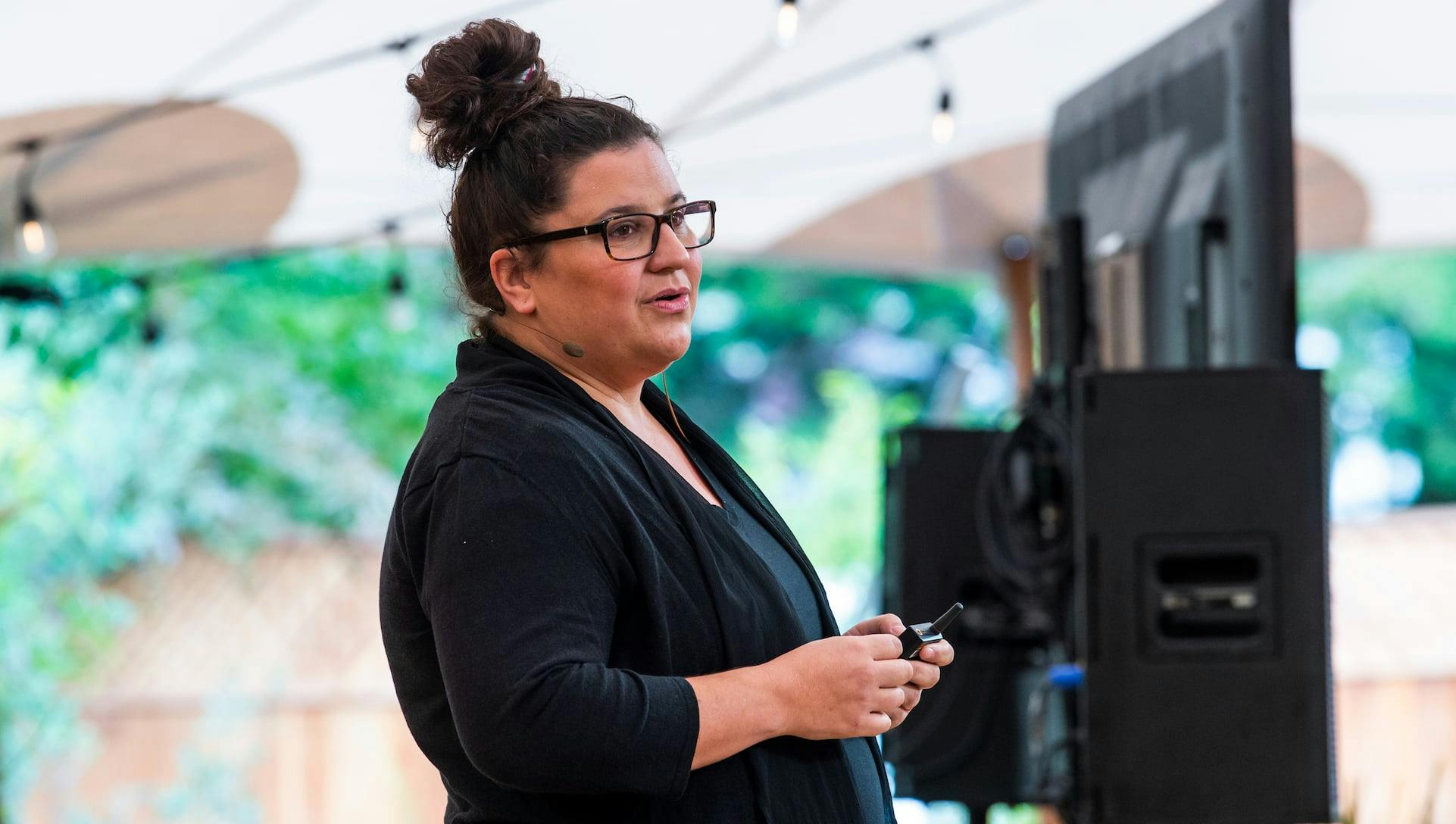
A journalist explains a revolutionary new model for international media, led by local journalists who help us better understand the world and our place in it.
As a child, Hegranes always dreamed of being a foreign correspondent. “My mom often trots out an old piece of paper from a teddy-bear shaped notebook. Written in blue crayon are the words ‘I want to be a journalist,’” she recalls. “The story goes that I asked for help to spell ‘journalist’ correctly.”
During her final semester of journalism school in 2004, 23-year-old Hegranes finally got her chance: an assignment to cover the civil war in Nepal for SF Weekly and The Village Voice. “I never questioned if I was the right person for the job. I believed that I was,” she says. “I was in the country for only a few days when I realized I was wrong.”
Upon her arrival, Hegranes was accompanied by government-appointed translators, but she didn’t speak the local language. Understandably, she didn’t have the trust of locals. She had researched the dynamics of Nepal's conflict and, back in Queens, New York, worked closely with a Nepalese man to learn about the customs and the language. But she found herself struggling to understand what was truly going on. “I lacked near total social, historical, political context,” she remembers.
In a moment of clarity, Hegranes passed her pen and notebook to the matriarch of the community she was covering. “I asked her to fill in the gaps, to write what I didn’t know, to speak to the people who wouldn’t speak to me,” Hegranes says.
Reading the contents of that notebook was a true “a-ha” moment. Rather than pursuing life as a foreign correspondent, Hegranes was inspired to create Global Press to amplify the reporting of local women like the one who had helped her in that Nepalese village. In September 2006, Global Press opened its first bureau in Chiapas.
In the sixteen years since, it has continued to expand, with no signs of stopping. To identify future bureau locations, Hegranes and her team do deep research, asking questions like: Where are existing media systems inadequate? What places aren’t on the radar of international media?
Once they decide to open a bureau, they do a population analysis—looking at the tribes, castes, religions, ages, and socioeconomic statuses of residents, as well as the demographics of who owns and works in existing media. Global Press targets their efforts on slices of the world’s population that are least likely to be represented by existing media.
In every location, women journalists are at the core of the Global Press model. “Who you are is who you have access to. There's an evidence-based correlation between who works in a newsroom and who is quoted and featured in stories,” says Hegranes. “Who's under-represented in literally every media market on earth? Women. Who has access to the stories that could most help dismantle the war/poverty/disaster narrative? Women.”
With the market research done, Global Press begins local outreach to identify journalists who might be a fit for further training and collaboration, as well as promising individuals with no experience but relevant skills. Masiyiwa, the economics reporter in Zimbabwe, for instance, heard about Global Press from an ad on Twitter. Manandhar, the environmental reporter in Nepal, was working at a development organization and was so taken with Global Press’ mission that she applied for the training-to-employment program.
Cristi Hegranes"What we can do is change the storyteller. Change the story. And create an inclusive narrative of the world that rights a lot of the narrative wrongs of the past."
“Every person who works for Global Press Journal—they're not freelancers. They are on salary. They have health benefits and family leave,” explains Hegranes. As a result, demand is often high: they typically receive a thousand applications for just a few training spots.
Training begins, very simply, with teaching students what type of stories are newsworthy. “We're not a breaking news organization. For instance, we're not going to tell readers the volcano in Congo just erupted,” says Hegranes. “Instead, six weeks later, our lead reporter in Congo followed the volcanic eruption that happened in 2021 with an investigation into why the volcanic warning system didn't go off. We focus on more consequence-driven stories.”
Trainees also learn about ethics. Global Press is dedicated to journalistic values like accuracy and balance, in an unusually hands-on way. Every story gets a team on it—one local reporter to write the story; an editor with a global eye to it; a fact checker to ensure every detail is correct; and translators to ensure readability for both local and international audiences.
Global Press’ style guide bans the use of vague terms that frequently appear in other news outlets – like “third world,” “Global South,” and “ethnic” – in favor of more precise language.
And at the core of the organization is Global Press’s “Duty of Care,” an interconnected methodology of editorial policies, training sessions, and safety protocols created to keep the reporters safe and care for their mental well-being. Fast Company named it one of their World Changing Ideas for 2022.
“Say, for instance, I am supposed to travel for a story,” explains Masiyiwa. “[According to ‘Duty of Care,’] we have to come up with a travel plan, and in that plan, we have to think about if there are instances where our security might be compromised and if we think there are going to be any emotional or physical dangers.” The organization helps journalists navigate these dangers, and consider which stories are just too risky.
Learn more about The Dial Fellowship.
